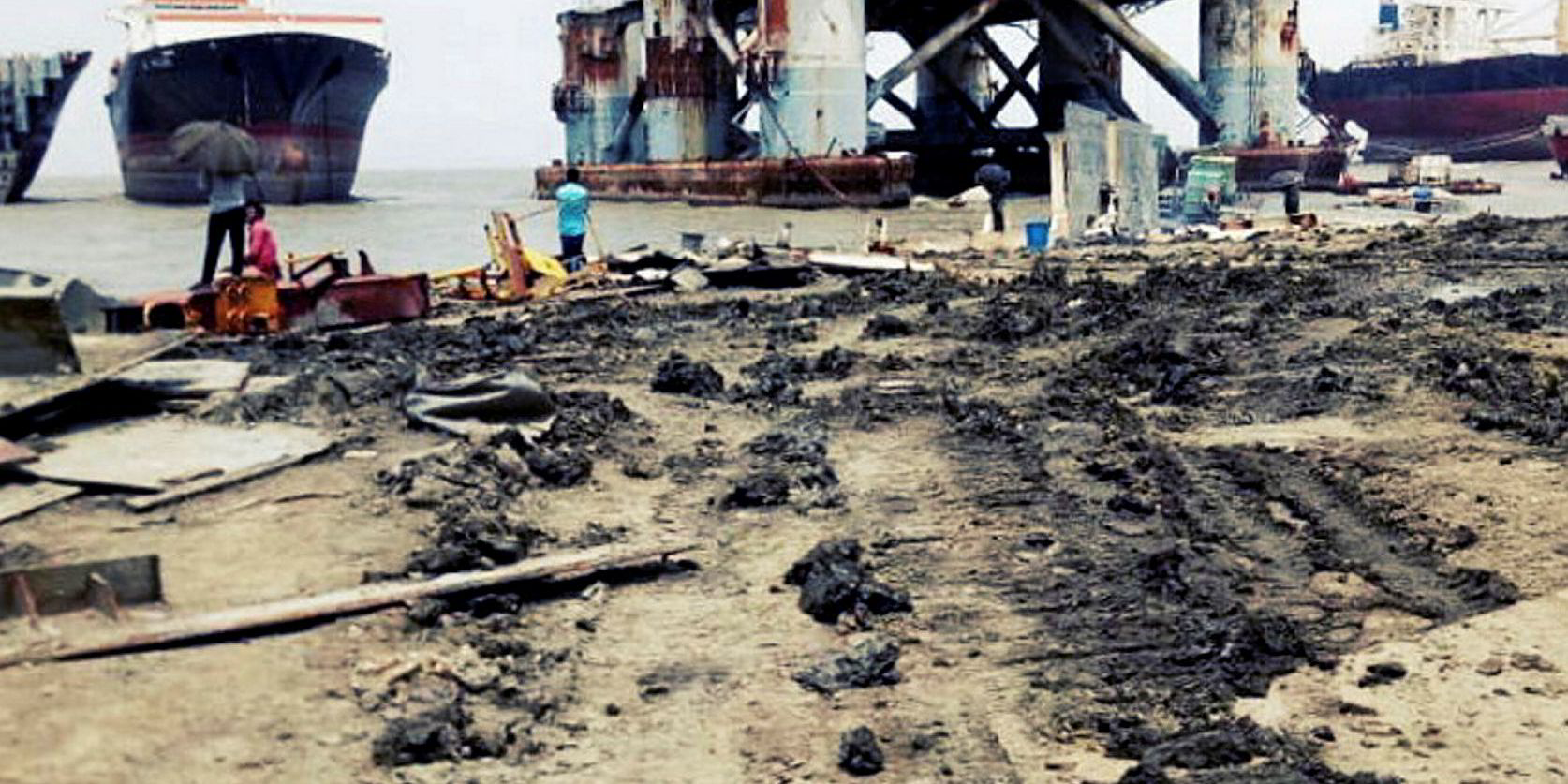Shipowners have good reason to fear NGO Shipbreaking Platform, the Brussels-based lobby group that campaigns for safer and more environmentally friendly vessel demolition.
The non-profit organisation has made its reputation since its launch in 2005 exposing substandard working conditions at beaching yards and naming and shaming shipowners that demolish ships at such facilities.
Part sponsored by the European Commission, it has recently has successes as a whistle-blower, alerting national authorities of demolition sales it considers illegal and securing prosecutions against shipowners.
Founder and executive director Ingvild Jenssen told TradeWinds: “We put our efforts into raising awareness of these types of cases and we alert the authorities of when we see a breach of the regulation.”
NGO Shipbreaking Platform gave its full backing to the European Union's Ship Recycling Regulation, under which European-flagged ships must be broken up at approved yards.
Dodging scrutiny
But since it came into force last year, the regulation has not had the impact it hoped for. It believes owners are dodging scrutiny by merely switching ship registrations out of Europe, in a practice known as flagging out.
Jenssen said. “The EU is aware of this and has signalled it is looking into flagging out and how it is deemed a breach of the regulation."
She also wants the scope of the Ship Recycling Regulation to be extended to cover ships of all flags trading within the Europe, as opposed to just vessels flagged by EU member states.
The NGO Shipbreaking Platform has drawn criticism because of its point blank refusal to accept beaching as an acceptable method of demolition, no matter what quality control measures are in place.
Pollution concerns
For Jenssen it is the pollution that beaching demolition causes to exposed tidal mudflats and downstream waste management issues that are her main concerns.
She has been a vocal critic of even the best of India’s yards — many of which are recommended and used by Europe’s leading shipping companies — being placed on a list of EU-approved yards.
“You’ve got to ask, 'would the EU allow facilities like that to exist in Europe?'. The answer is, of course, no, and if the EU wouldn’t allow it in Europe, then how can it approve it in another country?”
“Superficial” is how Jenssen described the improvements she has seen in India.
"You need a proper industrial location to contain pollutants,” she said sketching out the type of operations she would like to see in place.
Nor does Jenssen believe the Hong Kong International Convention for the Safe and Environmentally Sound Recycling of Ships will make much difference to working conditions.
“We don’t think the Hong Kong Convention will do anything in terms of improving the situation, it will just rubber-stamp the current situation,” she explained.
She also takes exception to the view that the NGO Shipbreaking Platform is an organisation that makes its way simply by criticising others.
She cited the organisation's progressive proposals, such as a port duty, which she believes could be applied to ships trading within Europe.
The idea is that the levy would be returned to the owner when a ship is demolished, compensating an owner for the lower scrap price it would obtain by selecting an approved recycling yard.
“It think the EU recognises it’s a good proposal and will look at it when they next review the [EU] Ship Recycling Regulation,” she said.







